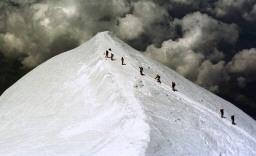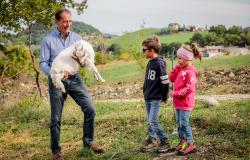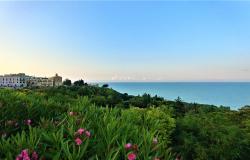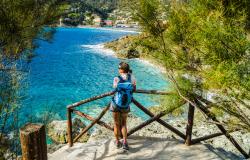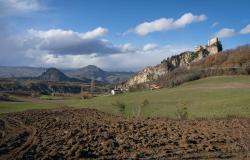Italy's greatest living mountaineer, Reinhold Messner, came under fire on Monday for suggesting that climbers should not rope themselves together.
Giving a television interview after four Italian climbers fell to their deaths on the French side of Mont Blanc on Saturday, Messner said it was possible to ''learn something from such accidents'':
''It's better not to rope yourselves together. Everyone should make their own way. If one unfortunately falls, then he will not drag the others down with him''.
Guido Azzalea, president of the Valle d'Aosta Alpine Guide's Association, slammed Messner for his comments, which he described as ''absolutely wrong and very dangerous''.
''It amazes me that a great mountaineer like Messner who knows he is still a point of reference for many climbers could make a statement of this kind when it goes against all the rules of common sense and mountain safety,'' Azzalea said.
''On the mountain the rope forms part of the security chain that every mountaineer or professional who has a shred of intelligence must adopt systematically''.
Azzalea added that while some moutaineers opt not to rope themselves together because it slows them down, ''this choice has shown itself to be fatal, unfortunately even in the case of world-famous mountaineers''.
Agostino Da Polenza, former climber who now coordinates Italy's Himalayan expeditions, was less damning of Messner's advice.
''A rope on a mountain is a bit like a seatbelt in the car: it can save your life but, in rare cases, it can also trap people,'' he admitted.
Messner on Monday distanced himself from his televised comments.
''I never said not to use the rope, I simply said that climbers attacked to a rope must absolutely be (securely) anchored to the mountain wall, otherwise there is a risk of what happened on Mont Blanc''.
''It's deceptive to believe that you can support the weight of someone you are roped together with (if they fall). A mountaineer can drag five people with him into a crevice if they are not securely anchored''.
''All these polemics go to show that people don't realise that mountains are dangerous. There is no guarantee for climbers' lives. A mountain without dangers is not a mountain but an illusion''.
Messner, 64, was the first man to scale Everest without oxygen in 1980, a feat until then thought impossible, and was also the first to climb all 18 of the world's peaks over 8,000 metres.
Messner lost seven toes and three fingers to frostbite during the climb of Nanga Parbat in the Himalayas in 1970, and his brother Gunther died on the descent.
